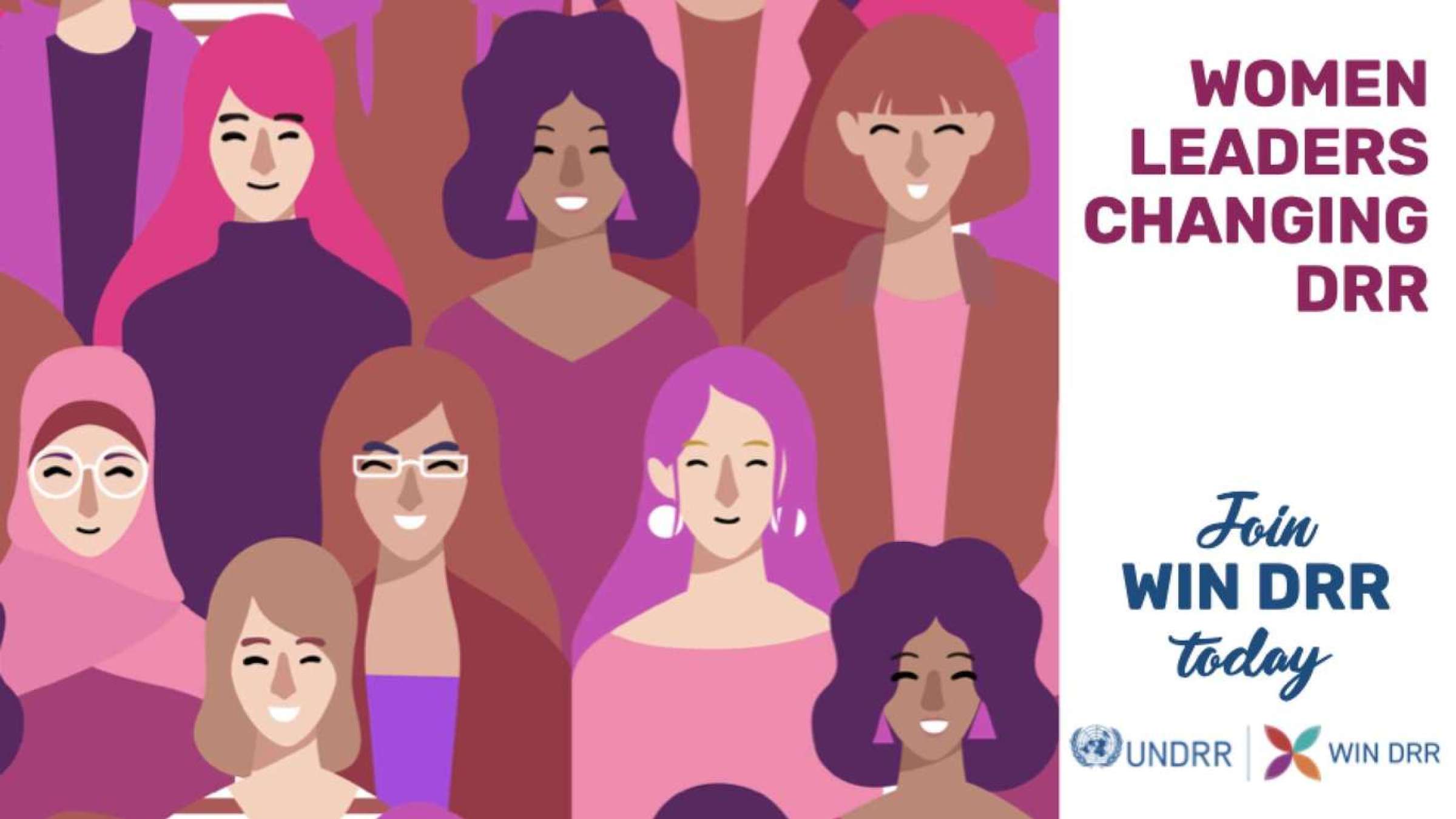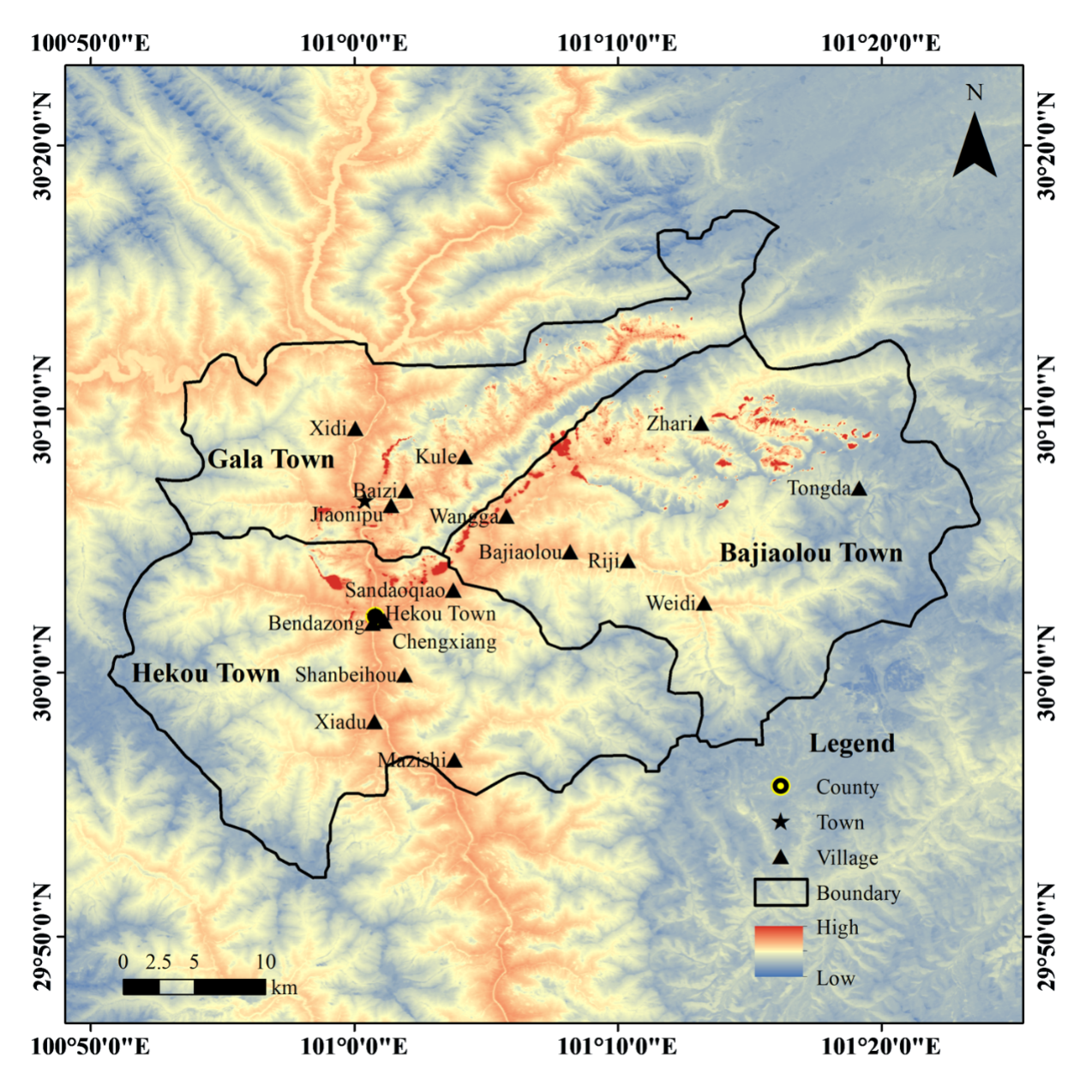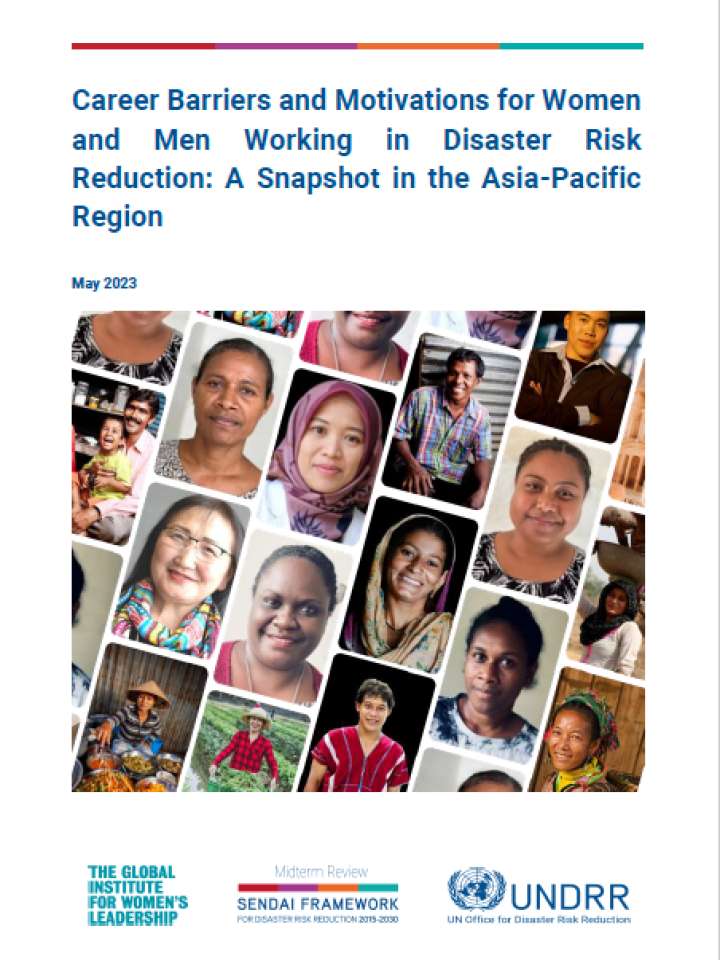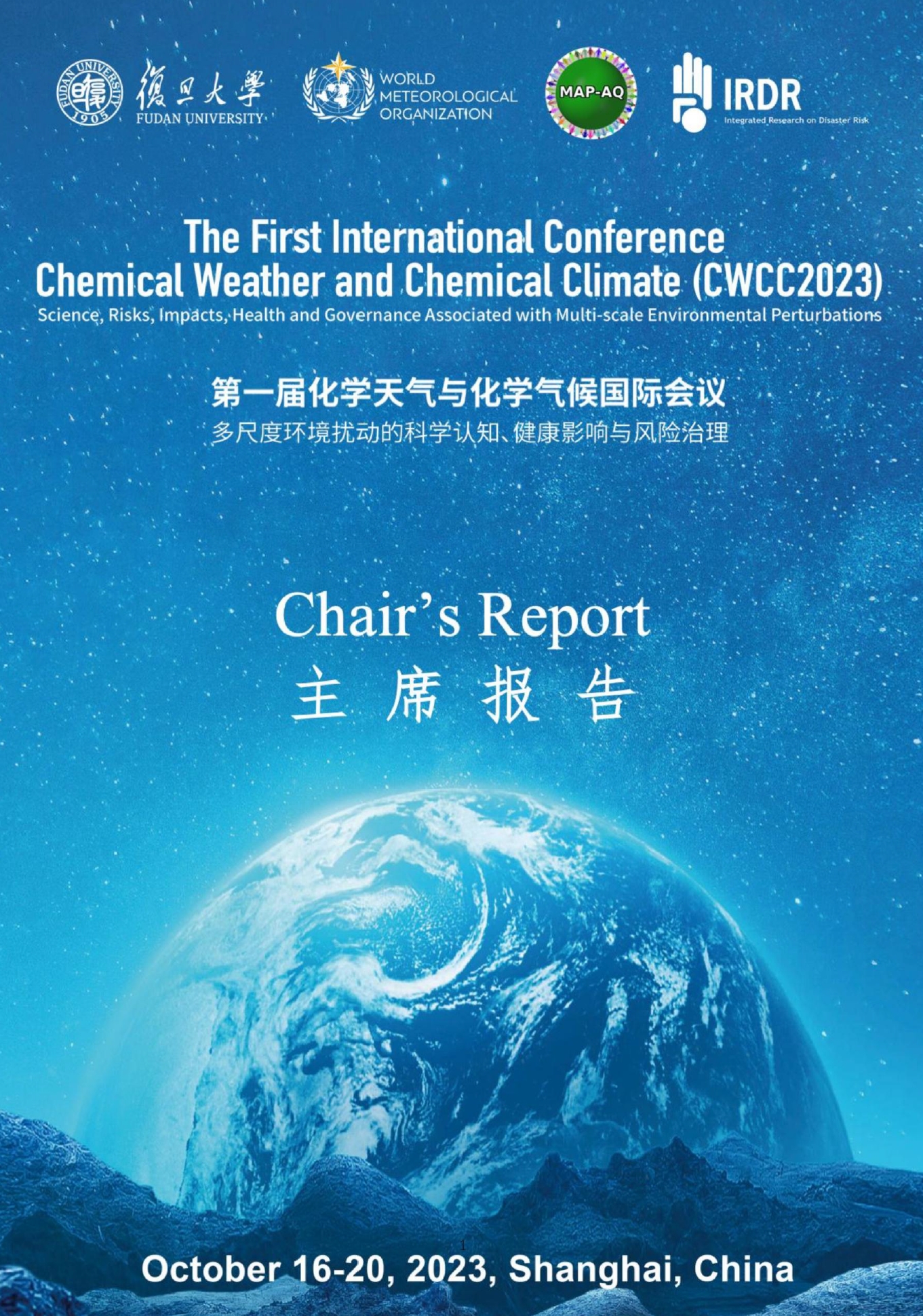This year, International Women's Day will be centered around the theme – Invest in Women: Accelerate Progress. UN Women advocates for transforming challenges into opportunities and shaping a better future for all. While women are making significant contributions to Disaster Risk Reduction (DRR) across various domains, there persists many challenges and barriers for female young professionals to fulfill their commitment and innovations. Jenty Kirsh-Wood, Head of UNDRR Global Risk Analysis and Reporting Section and Ex-officio of IRDR, emphasized that it is essential to make sure the engagement of women in DRR.
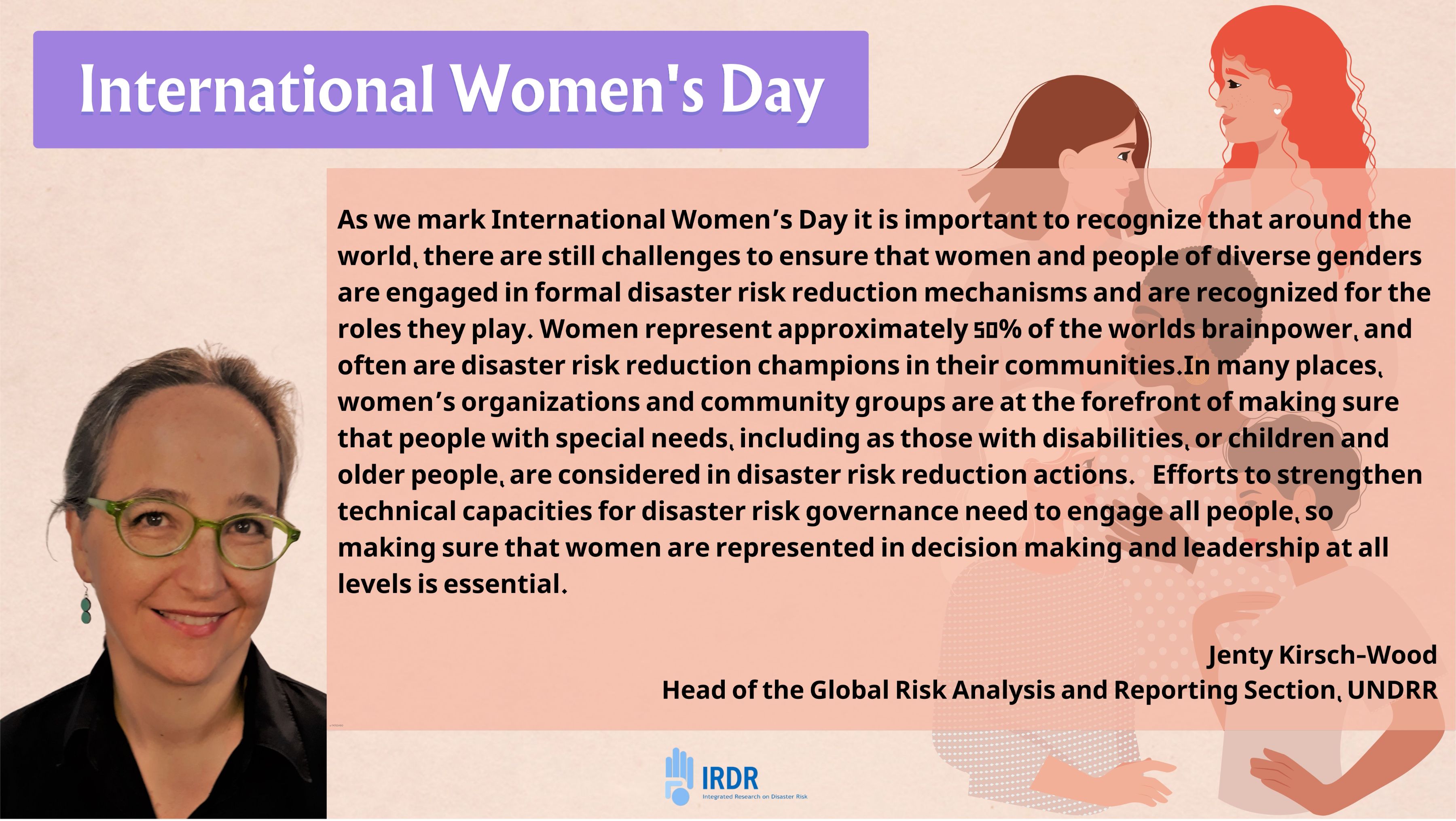
Empowerment of youth and young professionals is one of the major missions of IRDR. At the time of International Women’s Day, IRDR conducted a small survey among the female IRDR Young Scientists regarding the challenges they face and their perspectives of solutions.
Major challenges faced by female young professionals in DRR
The challenges described by female IRDR Young Scientists encompassed various aspects of their work. The following aspects are common concerns:
Access to Resources and Funding: Female young professionals encountered difficulties accessing resources and funding for their work, often facing disparities compared to their male counterparts. Limited access to grants for travel and research hindered their ability to conduct field surveys and gather data from marginalized communities.
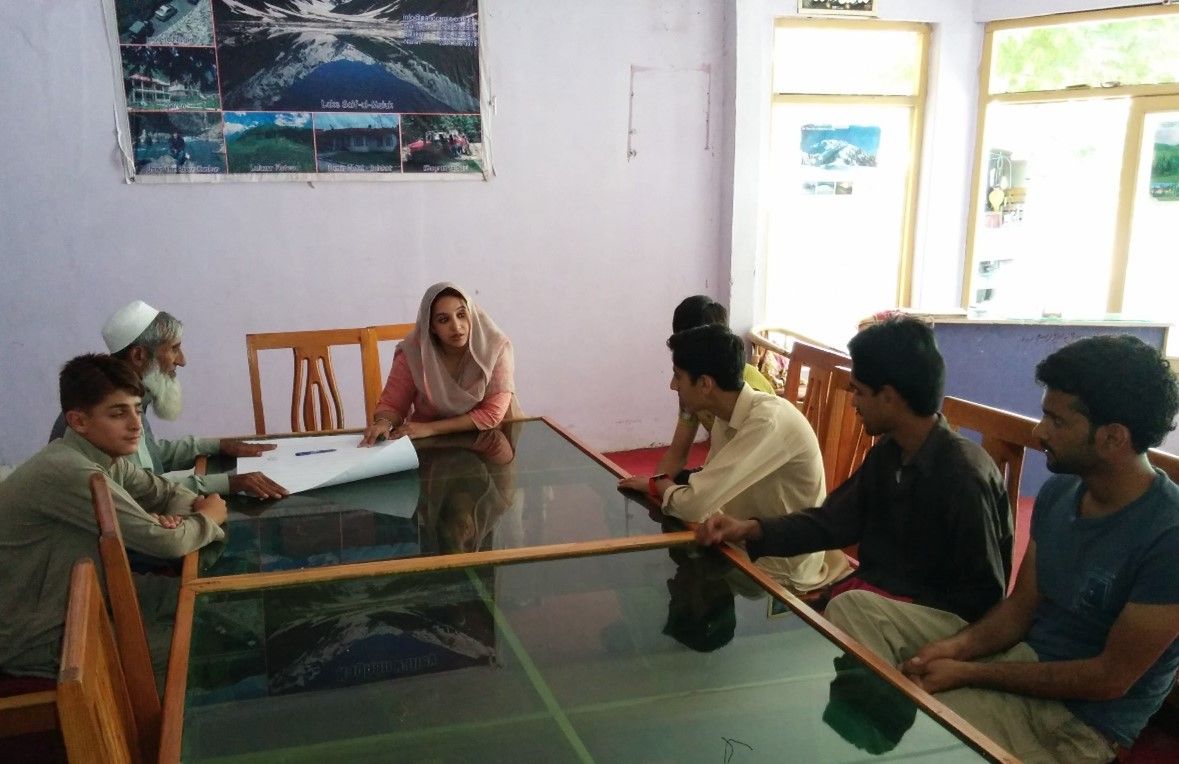
IRDR Young Scientist Dr. Laila Shahzad was conducting livelihood and seasonal mapping after the flood incident in 2022 Swat (mountainous region) , Pakistan.
Sociocultural Barriers: Sociocultural factors, such as reluctance among local populations to engage with female researchers, presented additional challenges. In some cases, accessing women in marginalized settings to learn about their experiences with climatic changes proved particularly challenging due to sociocultural conflicts and local gender norms.
Safety Concerns: Some respondents expressed concerns about safety, particularly when conducting fieldwork in remote or insecure areas. Insecurity posed significant hurdles for female researchers, impacting their opportunities to collect data and conduct in-depth analyses in vulnerable communities.
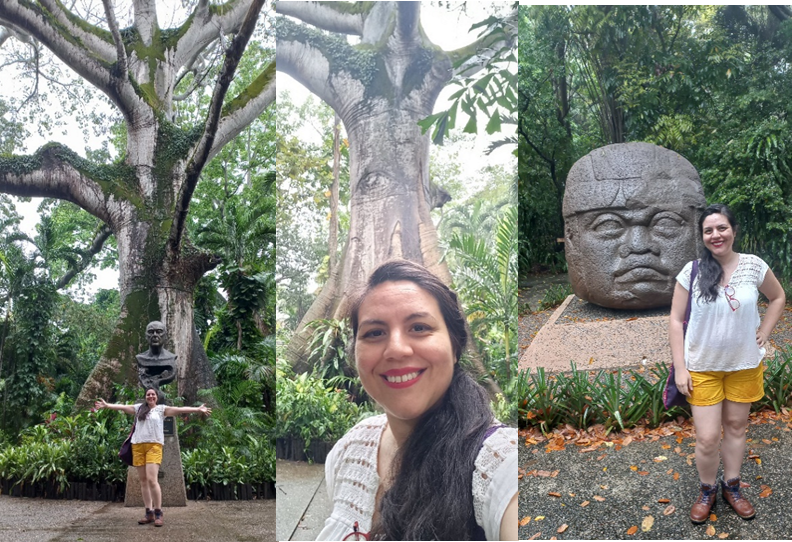
IRDR Young Scientist Denisse Herrera worked onsite for the influence of the intersectoral policies and the urban development management from the hydro social focus into the flooding risk in Tabasco, Mexico
Perceptions and Gender Biases: Female professionals also faced biases and perceptions within academia and the wider community. Despite their expertise, they often encountered assumptions that male colleagues were the leaders or primary decision-makers in their projects, undermining their authority and contributions.
Solutions and recommendations from perspectives of female young professionals in DRR
We also seek female IRDR young scientists for their views on how to effectively address these issues. We believed that these responses could better reflected the needs of female young professionals and provide concreted evidence for policy-makers.
Promoting Gender Equality and Inclusivity: Efforts should focus on promoting gender equality within the disaster management sector. This includes implementing policies that support women's empowerment, equal access to resources, and opportunities for professional development.
Enhanced Safety Measures: Strategies to address safety concerns should be prioritized, especially for female professionals conducting fieldwork in insecure areas. This may involve providing safety training, establishing support networks, and ensuring adequate security measures are in place.
Capacity Building and Mentorship: Providing training and capacity-building opportunities tailored to female professionals can enhance their skills, confidence, and resilience in navigating field challenges. Mentorship programs and supportive networks can offer valuable guidance and support for career advancement.
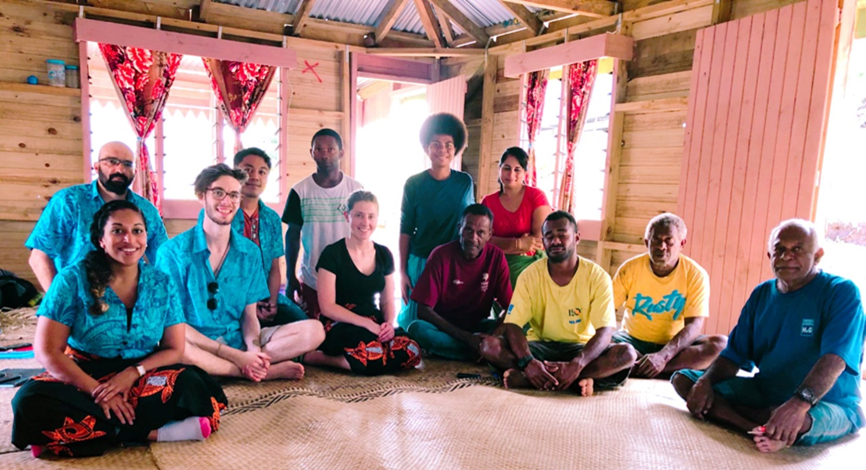
IRDR Young Scientist Dr. Sandeeka Mannakkara was conducting a focus group with community on post-disaster recovery and cyclone readiness in Fiji
Advocacy and Awareness: Advocating for greater representation of women in leadership positions and decision-making processes is essential for fostering an inclusive and equitable environment in DRR. Raising awareness about gender disparities and advocating for systemic change are crucial steps toward addressing these challenges effectively.
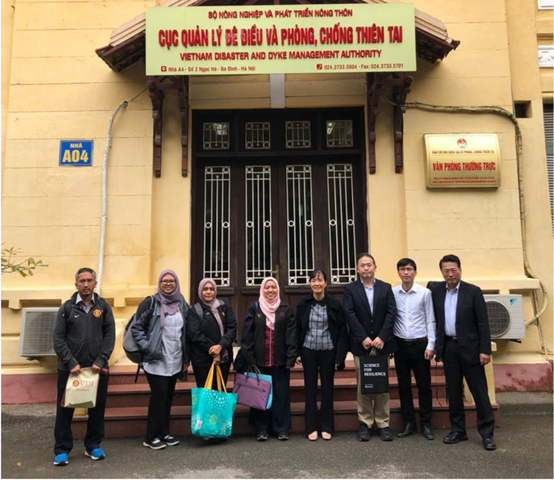
IRDR Young Scientist Dr. Faizah Che Ros (second from the left), together with Vietnam, Japan and Malaysia team members
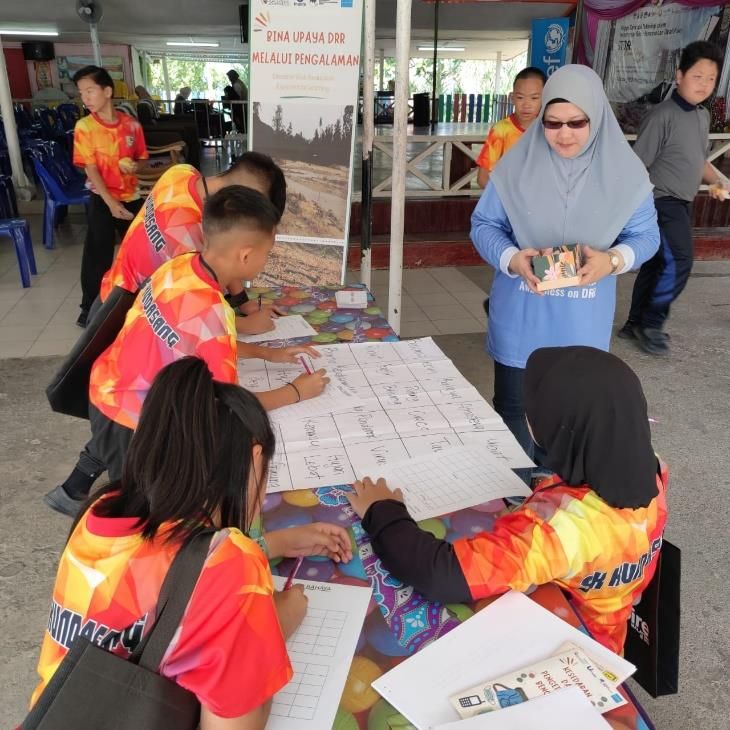
IRDR Young Scientist Dr. Iffah Farhana Abu Talib was facilitating a DRR program for school children at Ranau, Sabah, Malaysia
Addressing the challenges faced by female professionals in DRR requires collaborative and sustained efforts from various stakeholders, including policymakers, academia, and civil society. IRDR will continue working on this important project on the empowerment of youth and young professionals, especially women, in DRR by taking these responses as the reference of our further actions. In this direction, IRDR Young Scientists Programme has been active to provide more opportunities for accessing academic resources by connecting to IRDR community, promote the global visibility by IRDR Youth Podium, and support the young professional networks in DRR.
This survey will keep open to collect more insights from the female young professionals and further develop into a policy brief.
Our acknowledgement and appreciation to female IRDR Young Scientists for their contributions:
Dr. Faizah Che Ros, Senior Lecturer, Malaysia-Japan International Institute of Technology, Universiti Teknologi Malaysia Kuala Lumpur
Dr. Laila Shahzad, Post-doctoral Fellow, University College London UK | Assistant Professor, Sustainable Development Study Center, GC University, Lahore, Pakistan
Dr. Iffah Farhana Abu Talib, Co-leader, U-INSPIRE Malaysia, Southeast Asia Disaster Prevention Research Initiative @ UKM
Dr. Sandeeka Mannakkara, Senior Lecturer, Department of Civil and Environmental Engineering, Faculty of Engineering, University of Auckland
Dr. Siswani Sari, Sabang Municipality Local Environmental Agency, Aceh Province, Indonesia
Chrysoula Chitou, PhD Candidate, Department of Economics, University of Ioannina, Greece
Herrera Benavides Deniss, PhD Candidate, Autonomous Metropolitan University, Mexico
Kripa Shrestha, PhD Candidate, Montclair State University USA
Lidiane Costa, Research assistant, Brazilian Center for Early Warning and Monitoring for Natural Disasters

IRDR Young Scientist Dr. Siswani Sari, Chrysoula Chitou, Lidiane Costa, Kripa Shrestha
Contributors of this report:
Fang Lian, IRDR Science Officer, focal point of IRDR Young Scientists Programme, designed the survey, compiled the result and drafted the report;
Qunli Han, IRDR Executive Director, reviewed the survey and the report;
Rui Zhou, IRDR Communication Intern, designed the poster of message and layout.
